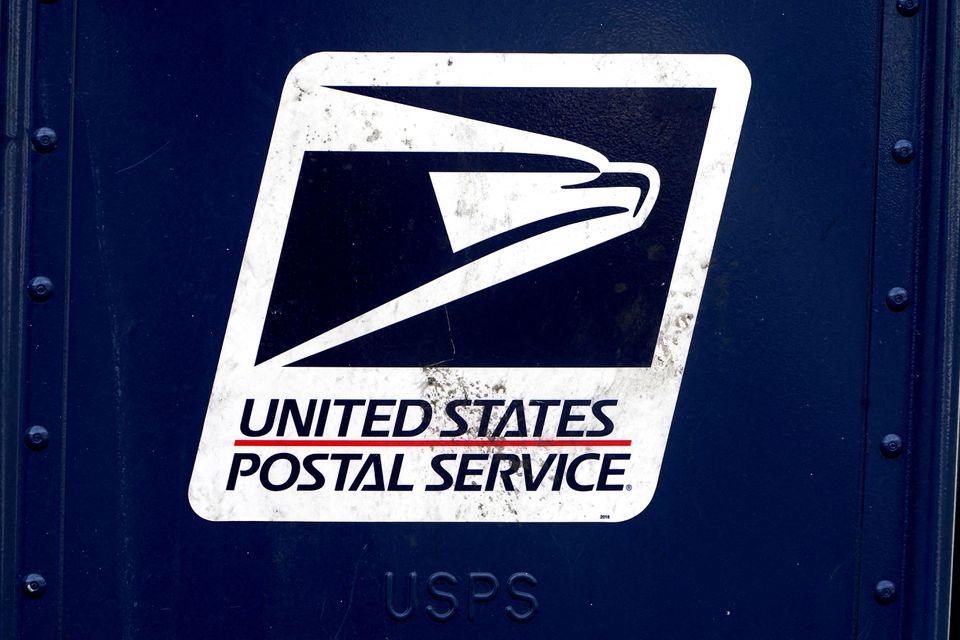June 1 (Reuters) – The U.S. Postal Service (USPS) said on Wednesday it is seeking to boost the number of electric delivery vehicles it plans to buy as it modernizes its network for a new delivery plan.
The USPS currently plans to buy at least 10% EVs including 10,019 of an initial $2.98 billion order of 50,000 from Oshkosh Defense (OSK.N). The Postal Service said it is exploring options for accelerating production of the initial 10,019 BEVs toward the front of the line and “anticipates taking advantage of the flexibility built into the contract with Oshkosh to increase the number of BEVs purchased in the initial delivery order.”
The new delivery strategy includes placing large carrier operations inside unused mail processing plants and “dramatically improving transportation efficiency by eliminating unnecessary trips, reducing mail handlings, increasing reliability, and decreasing time to delivery,” USPS said.
USPS told Reuters that it plans to supplement its environmental impact statement (EIS) related to its Next Generation Delivery Vehicles plan.
In April, 16 states, four environmental groups and the United Auto Workers filed lawsuits seeking to block USPS’s plan to buy mostly gas-powered next-generation delivery vehicles, arguing that the agency failed to comply with environmental regulations when it issued its EIS.
The White House and Environmental Protection Agency also previously asked USPS to reconsider, as have many Democrats in Congress.
Postmaster General Louis DeJoy said in a statement Wednesday that USPS’s forthcoming plan to “modernize and aggregate delivery operations will make delivery routes more efficient” and could lead to boosting EV purchases.
DeJoy noted USPS has said it “would continue to look for opportunities to further increase the electrification of our fleet in a responsible manner… A modernized network of delivery facilities provides us with such an opportunity. This is the right approach — operationally, financially, and environmentally.”
DeJoy told Reuters in April USPS expects to receive about 5,000 next-generation vehicles in 2023 – and about 21,000 annually after that.
DeJoy called the initial 50,000 vehicle order “a slam dunk”, given USPS’s urgent vehicle needs: “I have people out there that have trucks that are dangerous.”











